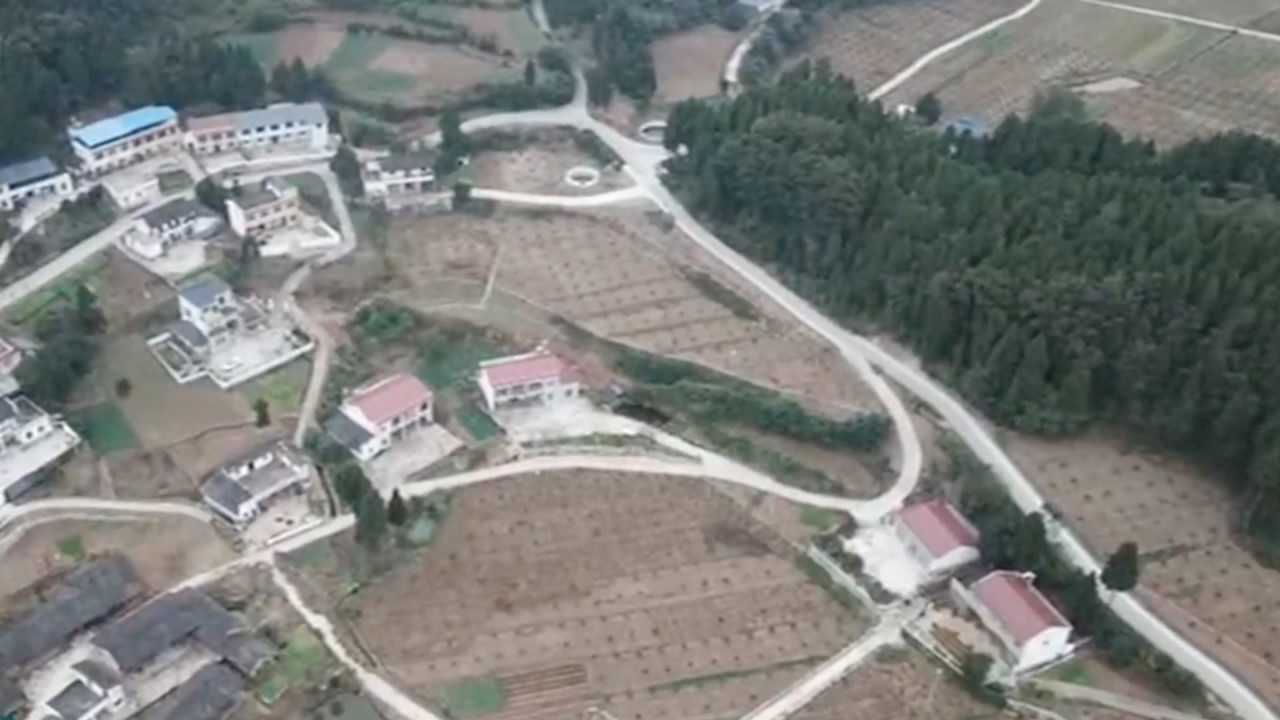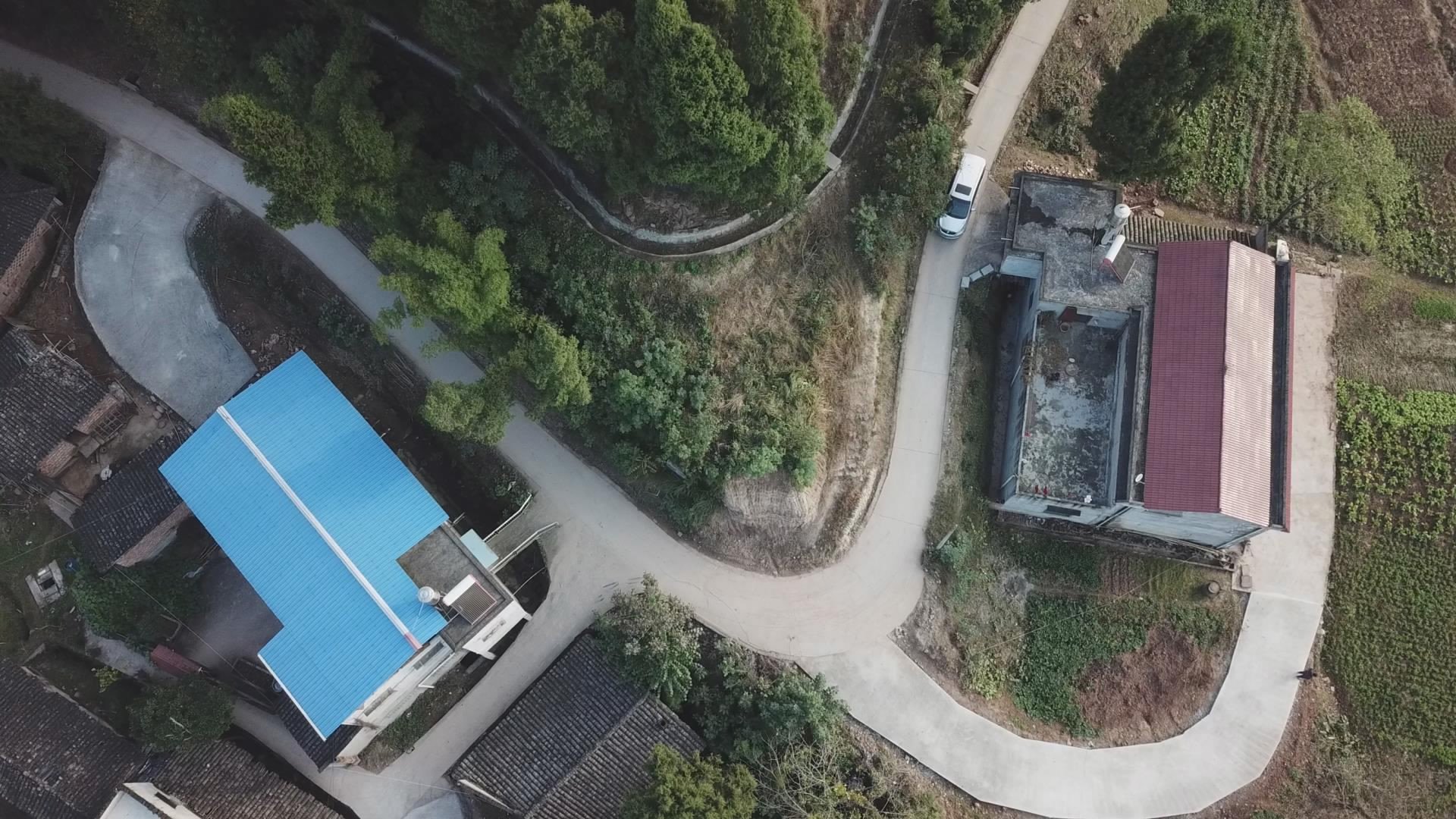
China
14:46, 17-Nov-2017
Internet contributes to rural development in China
CGTN's Yang Jinghao,Zhang Kai and Luo Caiwen

It was a big day on November 10 for Wang Yanquan, a farmer in the Santai County of Sichuan Province in southwest China. His son, Wang Hai, organized a wedding reception in their newly-built home for those who couldn't attend his wedding ceremony.
He narrated the details through a video call.
"Modern technology has made life much easier. In the past, we relied on landlines. Now, with access to the Internet, we can contact our relatives and friends through WeChat," he said.

Wang Yanquan video chats with his nephew to share the wedding ceremony of his son. Social networking app WeChat is getting increasingly popular in China’s rural areas with the broader coverage of Internet. /CGTN Photo
Wang Yanquan video chats with his nephew to share the wedding ceremony of his son. Social networking app WeChat is getting increasingly popular in China’s rural areas with the broader coverage of Internet. /CGTN Photo
China’s vast rural areas have long suffered from inadequate infrastructure. Now, the country has almost achieved the goal to extend roads, power and water supply, and radio and TV coverage to every village.
The government is providing access to the Internet in rural areas, and the project is reshaping the rural lives.
For Wang, who is in his 50s, TV is no longer the only choice for entertainment. He now likes watching videos, reading news and playing games on his smartphone, while his wife is enjoying online shopping.

Wang Yanquan and his wife use smartphones at home. The family has access to the Internet. /CGTN Photo
Wang Yanquan and his wife use smartphones at home. The family has access to the Internet. /CGTN Photo
Wang Hai has been working in Shanghai in the field of Internet. He said that he never imagined he would ever see the development that has taken place over the past few years in his village.
"When I was a [teenaged] boy, I had to walk for 40 minutes along dirt roads with a homemade torch to get to school," he told CGTN.
The village now has cemented roads, he said.
Of the 932 villages in the county, only six have yet to have access to the Internet, said Chen Yuanming, an official with the Bureau of Industry and Information of Santai County.

A vehicle drives on the roads of the Wangjiayan Village, Shuangle Township. Most of the village's families have been connected with cemented roads. /CGTN Photo
A vehicle drives on the roads of the Wangjiayan Village, Shuangle Township. Most of the village's families have been connected with cemented roads. /CGTN Photo
It is expected that the remaining villages would get the facility by the end of this year, he said.
"The project in rural areas will benefit farmers in different ways. For example, young people working in the cities could stay in touch with their elderly parents," Chen noted, adding that young children could also connect with their parents working in other cities through video calls while farmers could sell agricultural products on the Internet.
E-commerce is developing rapidly in rural areas. In Wang Yanquan’s village, Wangjiayan, more and more agricultural products like loach, are sold to different places on the internet.
This is another opportunity for farmers to increase income. The improvement of infrastructure and rapid access to the Internet is giving new hopes to Chinese villages.
Wang Hai wanted to return after the wedding to explore more potential at home.

SITEMAP
Copyright © 2018 CGTN. Beijing ICP prepared NO.16065310-3
Copyright © 2018 CGTN. Beijing ICP prepared NO.16065310-3